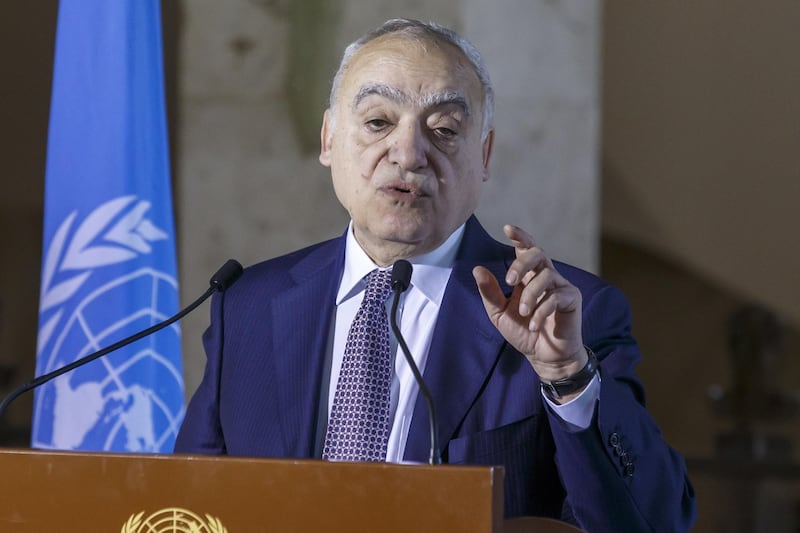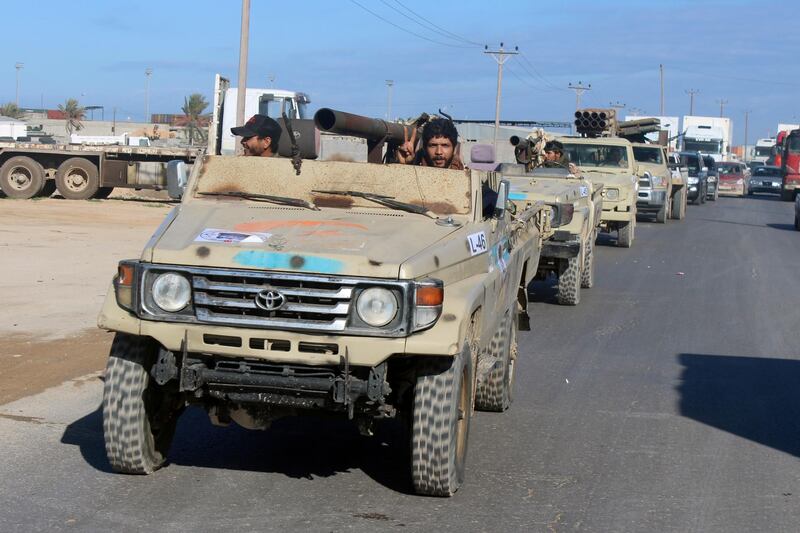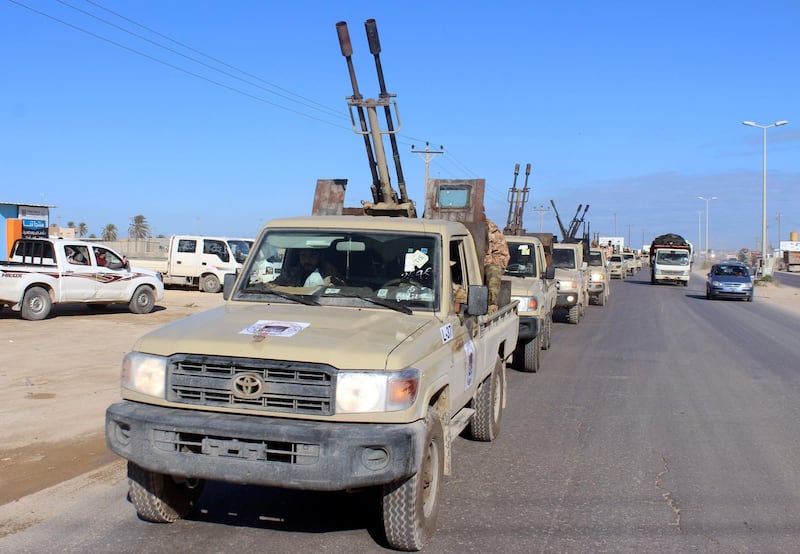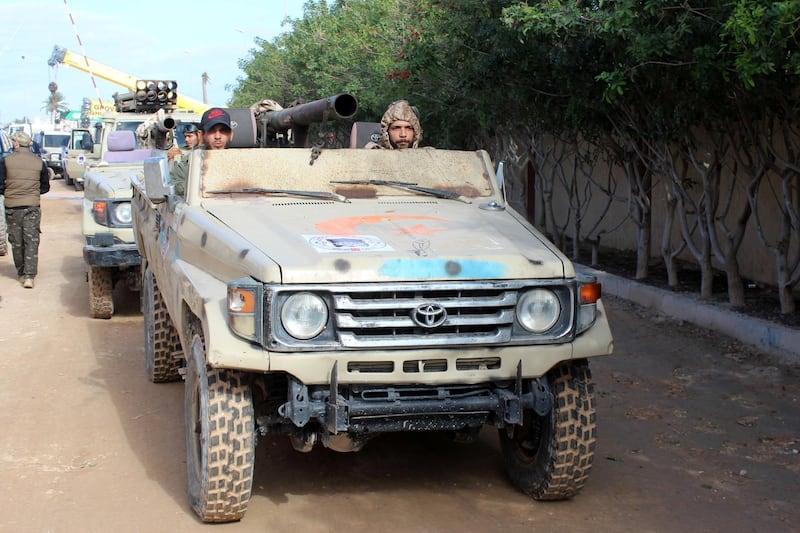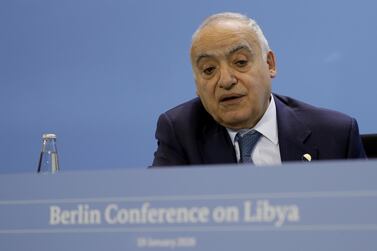Representatives from the warring factions in Libya’s bloody civil war are ready and willing to begin negotiations aimed at brokering a ceasefire, the UN envoy to the country has said.
The head of the UN Support Mission in Libya (UNSMIL), Ghassan Salame, told reporters on Tuesday the opposing sides in the country’s internal conflict had a “genuine will to start negotiating”.
The meeting of the representatives from the two camps in the Libyan conflict is the first convening of a five by five military council tasked with negotiating a lasting end to hostilities.
The council includes five officers each from the Libyan National Army (LNA), headed by Field Marshall Khalifa Hafter, and forces loyal to the Government of National Accord (GNA), which is led by Prime Minister Fayez Al Serraj.
The five by five council was one of the few concrete gains made at last month’s Libya conference in Berlin after world leaders failed to build upon a tentative truce in the country.
A nominal break in fighting brokered by Russia and Turkey before the Berlin conference has been broken repeatedly in the weeks afterwards.
"We started yesterday to discuss with them a long list of points on our agenda, starting on an attempt to transform the truce into a more solid one, less often violated by either side and also to transform that truce into a real agreement on a lasting ceasefire," Mr Salame said.
The high profile meeting in Berlin, which was attended by Russian President Vladimir Putin, Turkish President Recep Erdogan and German Chancellor Angela Merkel, also concluded with a pledge to uphold Libya’s 2011 weapons embargo.
Mr Salame was unequivocal in his condemnation of the continued interference in Libya by world powers.
The UN envoy said there were more than "20 million pieces of weaponry" in Libya and confirmed that he had asked the UN Security Council to pass a resolution to impose possible sanctions on those states that flouted the embargo.
Diplomatic efforts to broker even a brief cessation in hostilities in Libya have intensified since Field Marshal Hafter launched an offensive on the country’s western capital Tripoli last year.
The country has been plagued by violence since the 2011 Nato-backed interventional that toppled 40-year leader Muammar Gaddafi. It has been locked in a full-blown civil war that has pitted western and eastern factions against one another since 2014.
